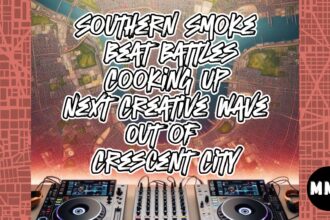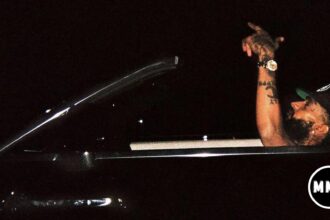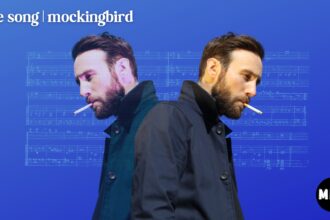Malik reports on how COVID-19 has impacted New Orleans most precious commodity: live music.
New Orleans is known for its vibrant nightlife, delicious food, and most of all, the good music and correspondingly good vibes that reverberate through The Big Easy. There have been many artists from New Orleans who went on to do great things from jazz artists to R&B singers, to Grammy award-winning rap artists.
What people overlook, however, is the influence that the local music scene has on the city. A point and time ago you could wake up at 3 o’clock in the morning, head to a 24-hour bar with a live jazz band on stage, and just enjoy yourself. On Sundays, you might be stuck in standstill traffic behind a second line, which is literally a walking parade with instruments and people following and dancing behind it. If you were feeling a more chill and relaxed mood, you could catch the Jazz Market, which features local talent during a weekly showcase as crowds gather to listen. And if any of those might be too much for you, you can catch any number of vibey local spots on any day of the week and get a good karaoke session in.
But what if I told you all of that came to a halt? In March 2019 the state of Louisiana went into lockdown mode, which closed restaurants, bars, clubs, and any other social gathering locations. This was of course because of COVID-19. At first, we were told to quarantine and stay in our homes for two weeks and everything would return to normal. So we all held tight to optimism that this was temporary. After the two weeks, we were told the lockdown was being extended a month and then things started to look bleaker.
When the month past, gyms, bars, and restaurants started to slowly reopen with limited capacity and new restrictions, but there was one group of people who were still on the back burner, the musicians. In 2020, New Orleans lost 75% of its live music revenue, according to Yahoo. Despite petitions, protests, and efforts made to mobilize city officials, the New Orleans music scene still has not recovered. As we inch toward a year of dark stages, the toll on our music community continues to mount.
In November 2019, New Orleans voted to slowly work live entertainment back into the city. But so far, it is nothing like it used to be. The city is now requiring all live entertainment to obtain a special—$100—event permit in order for the event to go on. You have to submit COVID-precaution forms and answer questions about the details of the function. Performances are limited to front yards, bars with an enclosed gate in the courtyard, wedding receptions, and adult entertainment venues, which follow the city guidelines of phase 3.3 (which limits capacity and emphasizes social distancing).
To dig a little deeper, I spoke to New Orleans resident and hip-hop artist, Chadvett Ebanks aka Chad Solo. Chad has been making music for over 10 years and has studied the beats of the city and bars of the greats. I asked Chad what has been the most challenging part of the music scene being shutdown? He replied, “there really is no challenge, all it does is help me focus on the music and the lyrics more.”
I asked him how not being able to perform live has held him back. He responded, “It doesn’t hold me back. It just gives me more insight on what I can work on for the future. It also gives me time to work on my social media promotion and get fans engaged through the internet”.
While we know not every musician shares Chad’s resolute optimism and ability to adapt, hopefully, he can be an inspiration. Chad has been working nonstop on new music and says he has a project coming later this year. He says COVID won’t be an issue because he’s been staying on top of his game and he refuses to let this slow him down. The Save Our Stages Act that Congress passed at the end of the year is another source of hope. The bill will provide independent music venues a grant equal to 45% of their 2019 gross revenue.
I will continue to keep up with the music scene and share more stories of local musician’s journeys through COVID-19.
Here’s a video I took of Frenchmen St., one of New Orleans’ most vibrant neighborhoods and city centers. Not looking like it used to here on January 11, 2021.







